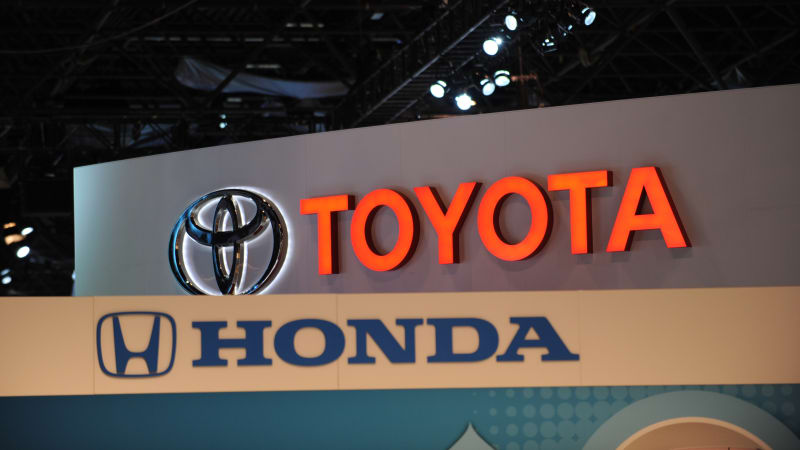Two of Japan’s biggest automakers agreed to the biggest wage hikes in decades in an early sign of momentum in annual pay negotiations as the central bank looks for evidence of a wage-price cycle that could lead to policy change.
Toyota Motor Corp. agreed to give the largest wage hikes in two decades according to its union Wednesday. The world’s biggest carmaker said the agreement was reached at the first round of negotiations. It didn’t disclose a percentage increase.
Later in the day, Honda Motor Co. Ltd said it will raise wages by 5%, including the biggest increase in base pay in about 30 years.
The early moves by the heavyweight companies serve as the latest signal of an upward move in the wage trend as the highest inflation in more than four decades eats into the purchasing power of households.
Hefty raises from some of the biggest names in corporate Japan at an early stage could also put pressure on other companies to give larger-than-usual raises.
Wages have taken center stage in the country as the Bank of Japan has indicated it must see stronger growth in pay to ensure that the trend in prices is sustainable. The BOJ has a 2% inflation target, but even with key prices rising at 4%, the central bank remains committed to its massive stimulus program until wages also show larger gains.
Toyota said it agreed to increase pay including base wages and bonuses, adding that this was the third consecutive year it met union demands in full.
Toyota is often first among Japanese firms to announce the results of annual wage negotiations. In recent years the labor union has requested wage increases across 12 categories based on type and rank, as opposed to an average increase of base pay in the form of a percentage.
The company said bonuses this year would be equal to 6.7 month’s salary.
Honda said the raises would add up to a ¥19,000 ($141) bump in monthly pay. It also said the salary hikes will prioritize younger employees who are more impacted by inflation.
Kazuo Ueda is the government’s pick to take the helm of the BOJ in early April amid simmering market speculation that policy change may follow, a shift that would impact markets around the world.
Current BOJ Governor Haruhiko Kuroda has indicated 3% wage growth is necessary to support stable inflation of 2%.
Related video:




